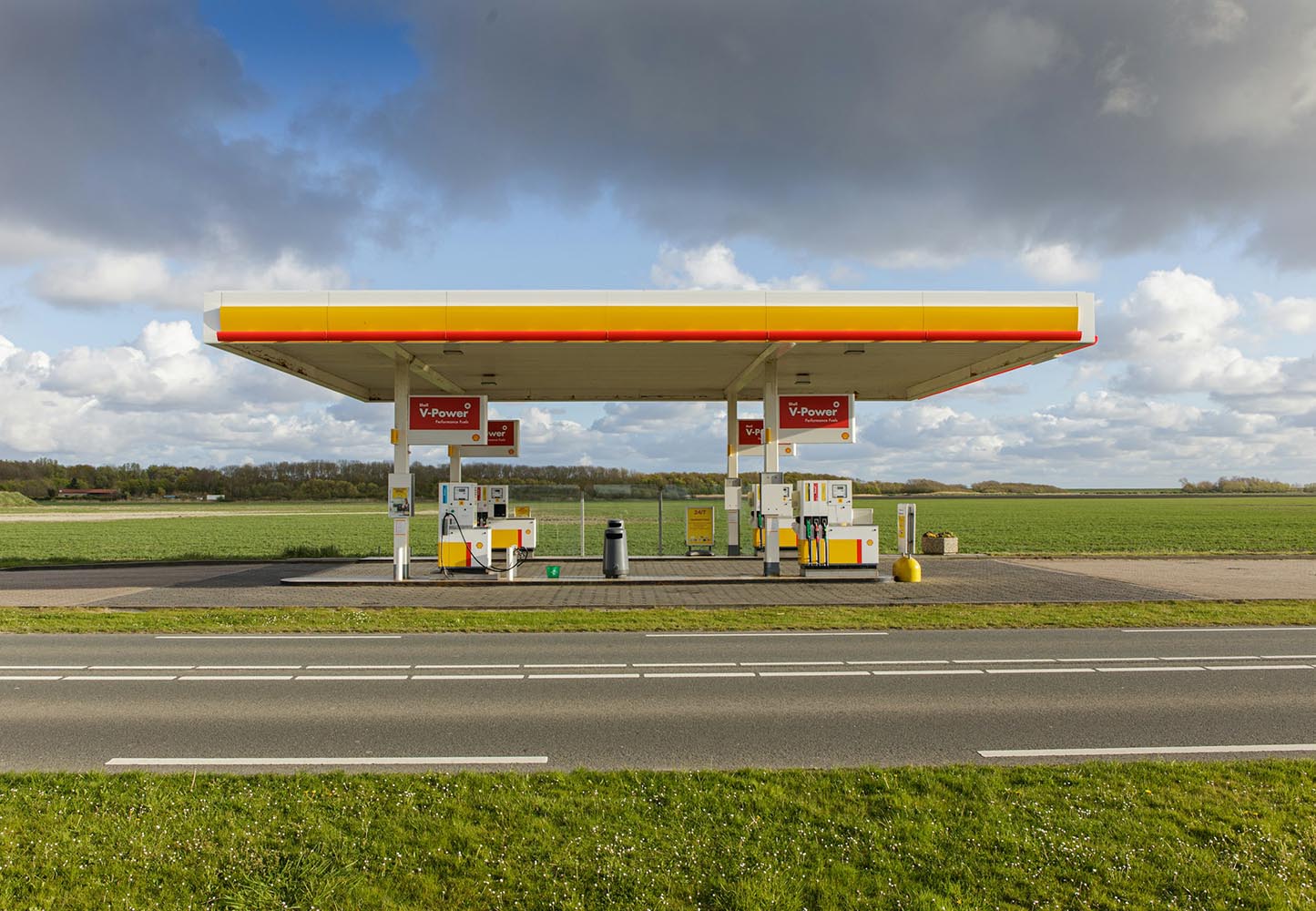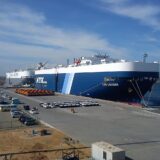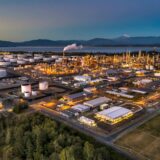
Shell to divest South African retail operations
Shell Plc has confirmed plans to divest from its South African downstream operations, marking a significant shift in its business strategy in the region, according to Daily Maverick, an online news publication based in South Africa.
On its website, Shell confirmed that “As part of Shell’s commitment to simplification, performance, and discipline, Shell has decided to sell its shareholding in Shell Downstream South Africa (Pty) Ltd (SDSA).”
In an announcement addressed to its customers, the company announced that “As this proposed transaction is an intended sale of Shell’s shares, SDSA is expected to maintain its operating capabilities and the Shell brand, with no material impact expected for you.”
Shell, which opened for business in South Africa in 1902, is the third largest fuel retailer in the country with more than 600 stations. Engen Petroleum is in first place with approximately 1,300 stations, followed by Astron Energy, with around 850 stations.
In March 2022, Shell and bp, joint venture partners in the South African Petroleum Refineries (SAPREF), which was the largest crude oil refinery in Southern Africa at that time, announced that it was closing down the refinery Located in Durban, SAPREF historically accounted for 35% of South Africa’s oil refining capacity. SAPREF shareholders, bp Southern Africa and Shell Downstream South Africa, said they were unable to commit to further investments to upgrade the refinery.
Reports from City Press, a well-known Sunday newspaper in South Africa, and Sunday Times, a prominent weekly newspaper in South Africa, first hinted at Shell’s exit strategy, noting a potential conflict between Shell and Thebe Investments, its Black Economic Empowerment (BEE) partner, over the valuation of Thebe’s stake.
Black Economic Empowerment (BEE) in South Africa is a government policy aimed at increasing economic participation and ownership by previously disadvantaged groups, primarily black South Africans. This policy was introduced to address the inequalities and exclusion caused by apartheid policies, which had severely limited the economic opportunities available to black people, as well as to other racial minorities.
The news adds to the narrative of decreasing foreign investments in South Africa, despite some positive views on the nation’s financial services and resources. Shell’s exit reflects these complexities, posing questions about the future of foreign investment and economic stability in the region.
In 2017, Chevron sold its 75% stake in Chevron South Africa. The sale was part of a larger shift by Chevron to streamline its global portfolio and focus on higher growth potential areas. This transaction was notable as it involved Chevron’s BEE partner, Off The Shelf Investments (OTS), which exercised its right of first refusal to buy the assets. OTS acquired the majority stake after exercising its right of first refusal, preventing a prior agreed sale to China’s Sinopec. The acquisition included a refinery, a lubricants plant, and a network of service stations. This deal marked a significant milestone in the transformation and localisation of the energy sector in South Africa, with OTS renaming the business to Astron Energy.
After Off The Shelf Investments (OTS) exercised its right of first refusal to buy Chevron’s assets in South Africa, they partnered with Glencore, a multinational commodity trading and mining company headquartered in Baar, Switzerland. Glencore acted as the technical and financial partner during the acquisition process, supporting OTS with the necessary resources to complete the purchase.
Glencore’s operations include more than 150 mining, metallurgy, and oil production assets worldwide, making it a major player in the extraction and production of various resources like copper, cobalt, zinc, nickel, and coal. The company is also involved in oil and natural gas production and agricultural products trading.
Glencore’s business model is based on control or influence over the production and logistics chain of the commodities it trades. This vertical integration allows Glencore to manage risks more effectively and capture additional value from the production to the market.













